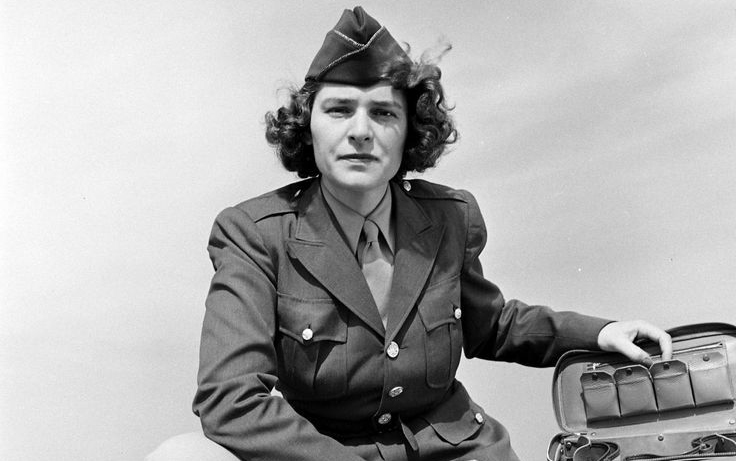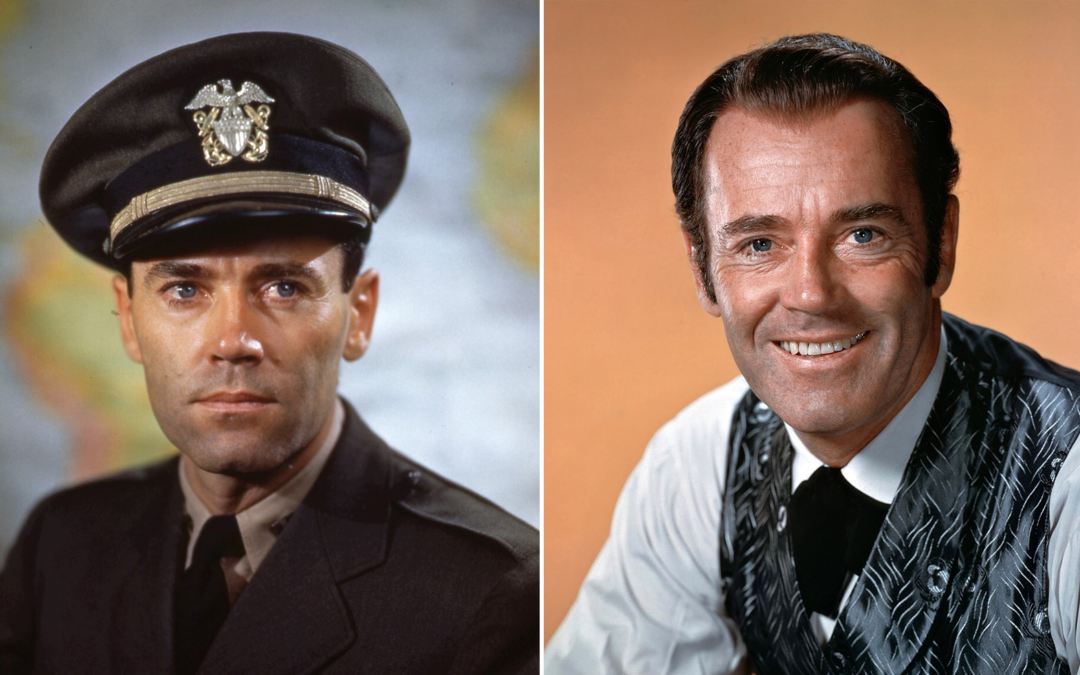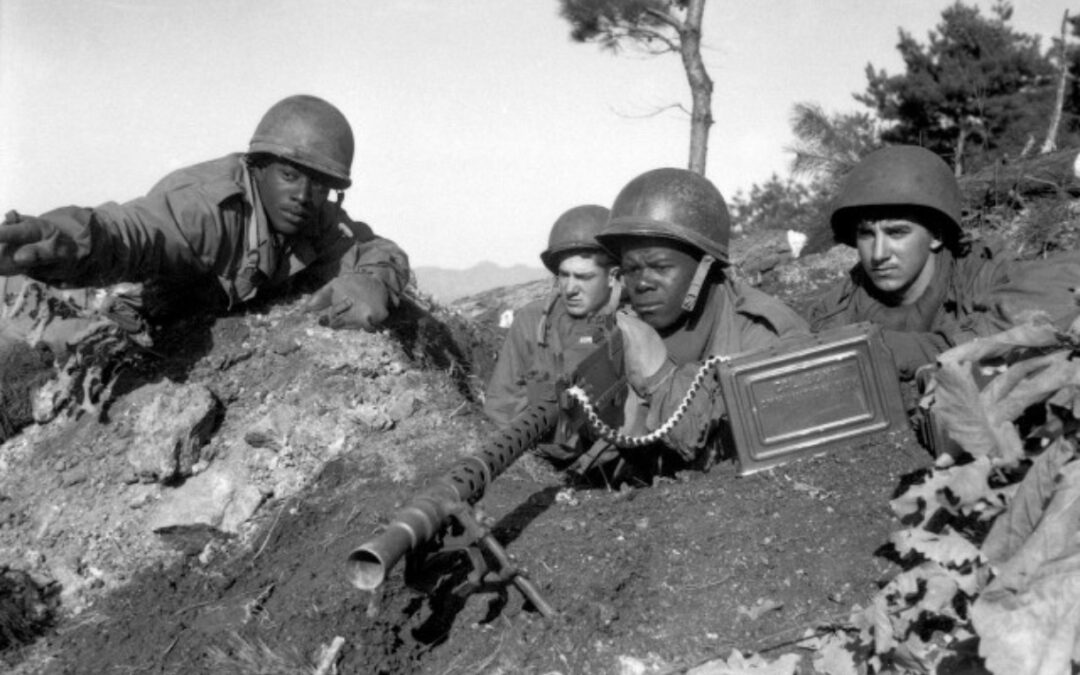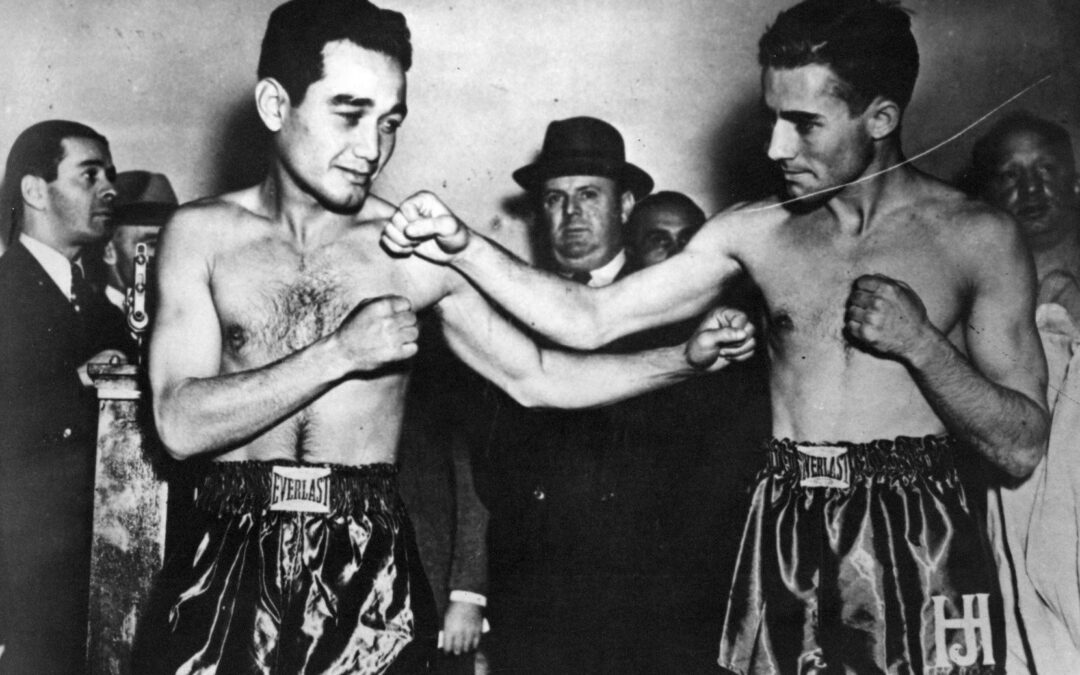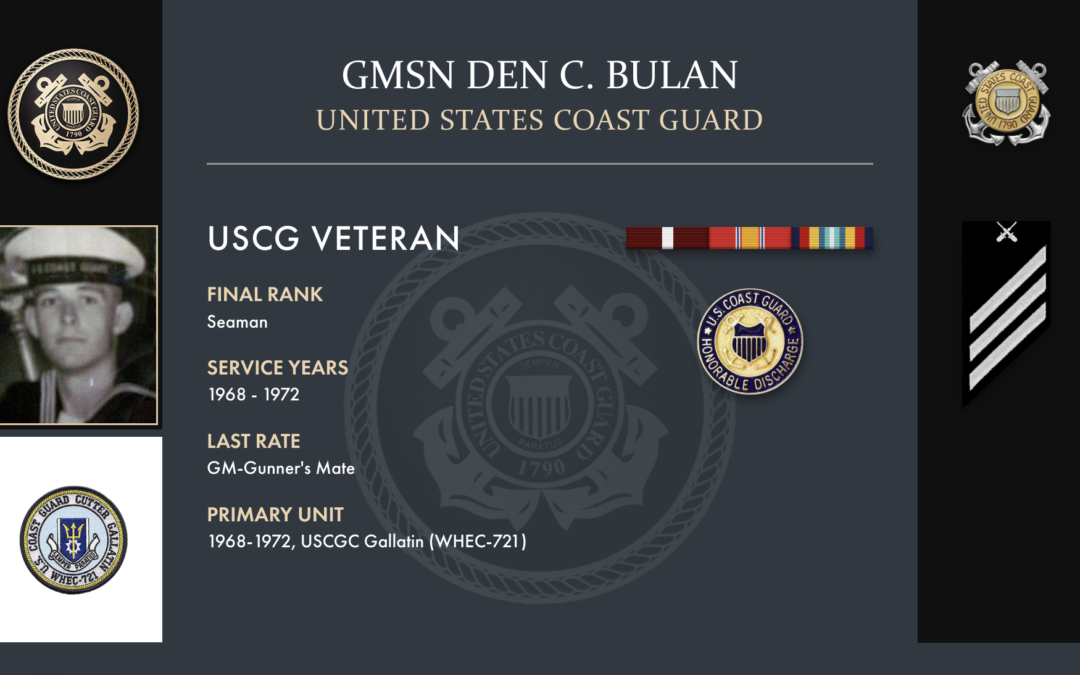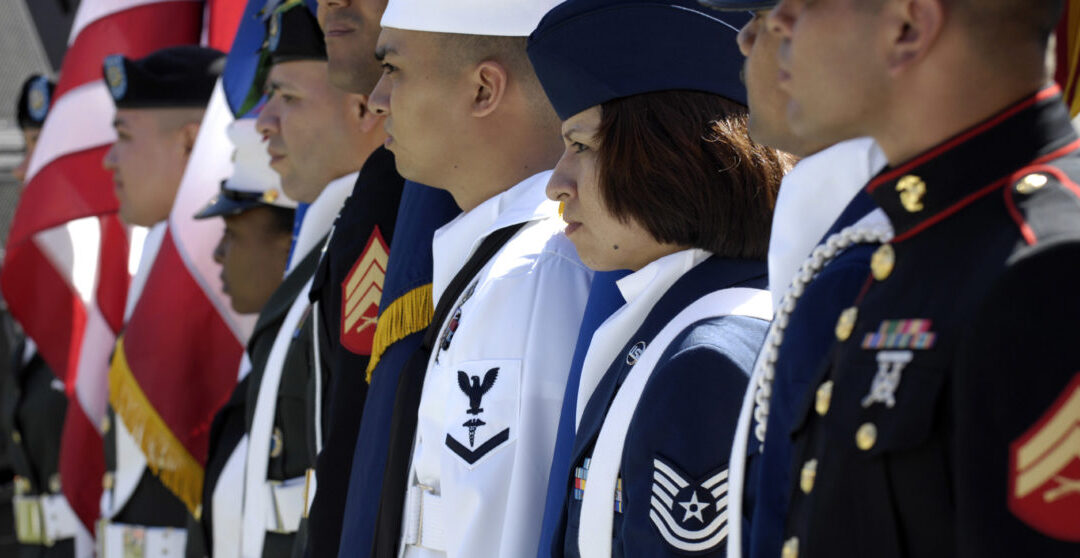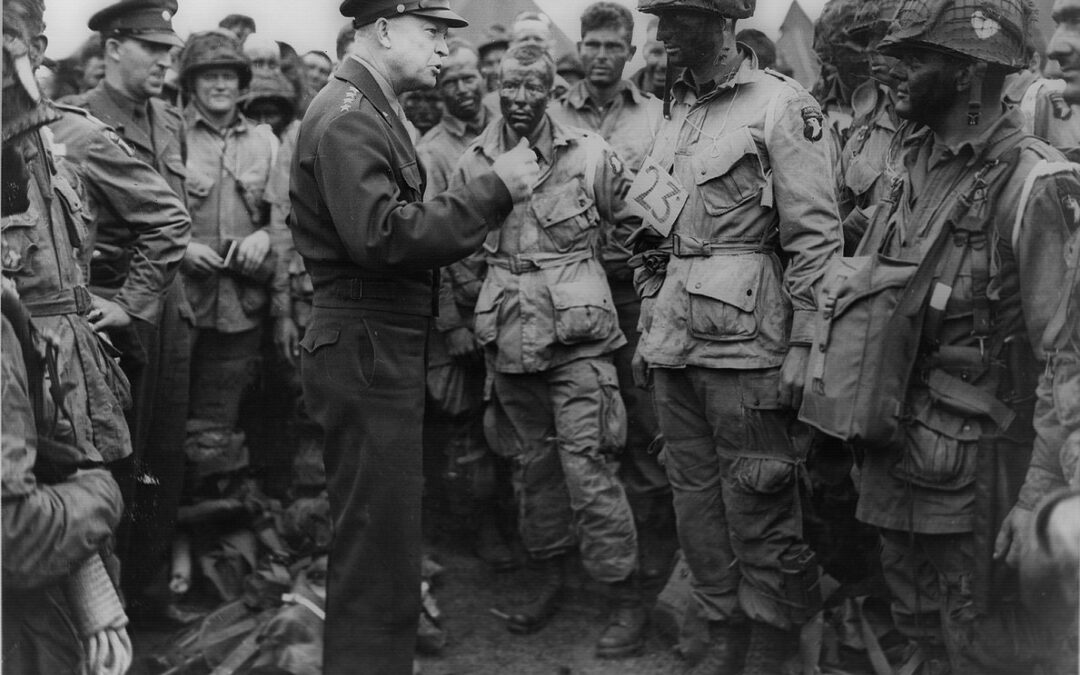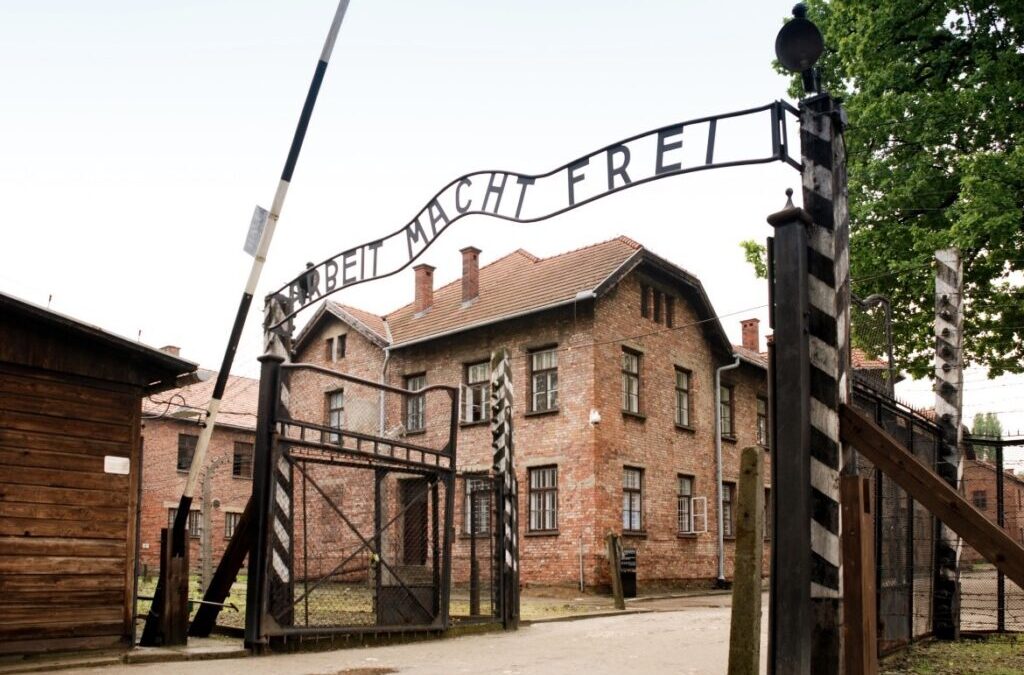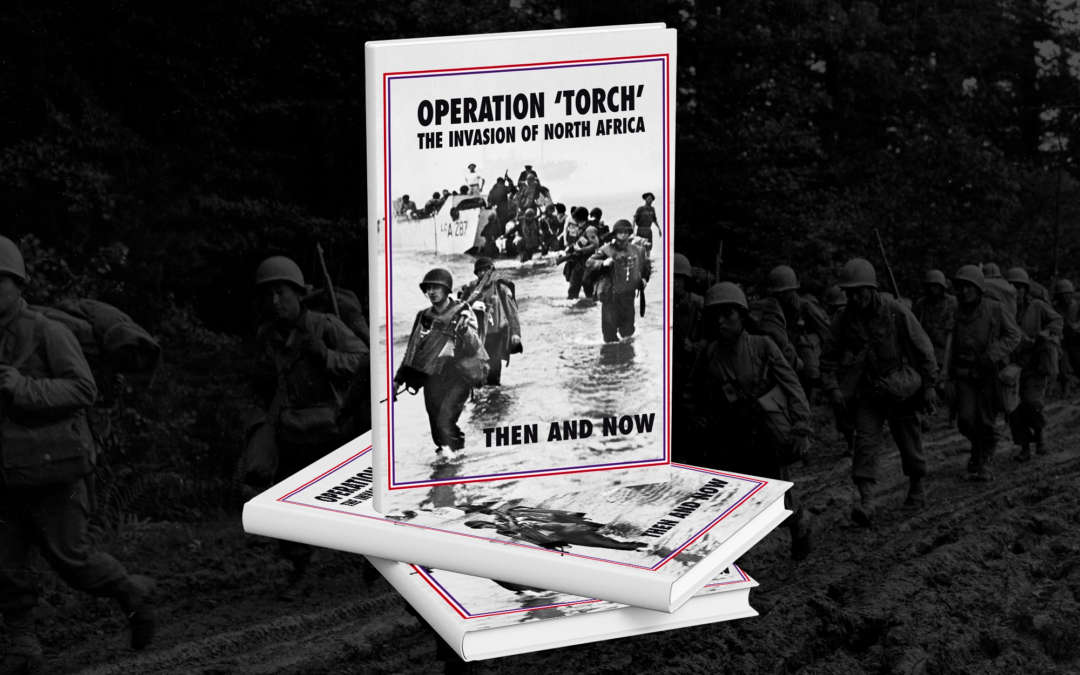The Second World War opened a new chapter in the lives of Depression-weary Americans. As husbands and fathers, sons and brothers shipped out to fight in Europe and the Pacific, millions of women marched into factories, offices, and military bases to work in paying jobs and in roles traditionally reserved for men in peacetime. It was also a time that offered new professional opportunities for women journalists - a path to the rarest of assignments, war reporters. Women Journalists Break...
